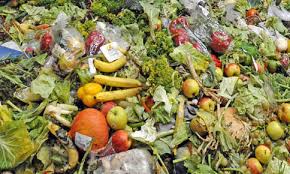Food waste is a pressing global issue with far-reaching environmental, economic, and social implications. Reducing food waste is not only beneficial for the planet but also for individuals and businesses.
The Impact of Food Waste
- Environmental Costs: Food waste contributes to greenhouse gas emissions, water pollution, and deforestation.
- Economic Loss: Wasting food equates to wasting resources, including land, water, and energy.
- Social Implications: Food insecurity is a global challenge, and reducing food waste can help address this issue.
Strategies for Reducing Food Waste
- Consumer Awareness: Educating consumers about the impact of food waste and providing practical tips on food storage, planning, and portion control.
- Improved Food Labeling: Implementing clearer and more consistent date labeling to reduce confusion and prevent unnecessary discarding.
- Supply Chain Optimization: Enhancing supply chain management to minimize food loss at various stages, from production to retail.
- Food Donation and Recovery: Establishing efficient systems for donating surplus food to food banks and other organizations.
- Innovative Technologies: Utilizing technology to track food inventory, optimize shelf life, and reduce waste through data-driven decisions.
From Farm to Fork: A Collective Responsibility
Reducing food waste requires a collaborative effort from individuals, businesses, and governments. By implementing effective strategies and fostering a culture of sustainability, we can significantly reduce food waste and create a more sustainable future.
Join 3kclub today and embark on an unforgettable gaming adventure!
